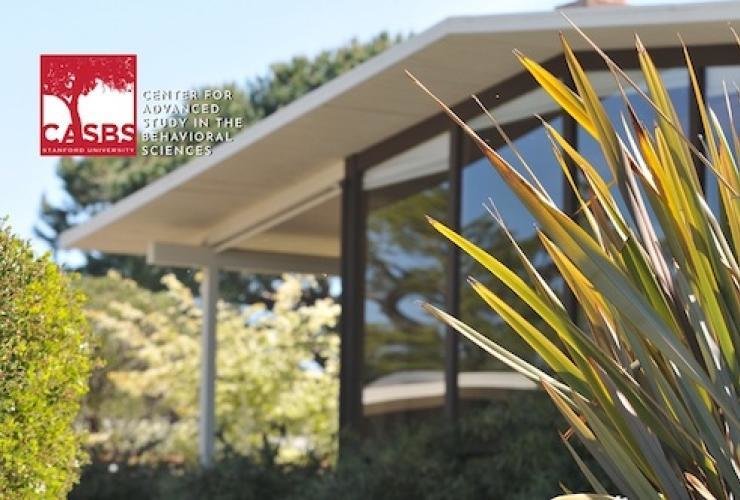Submitted by medium on Tue, 03/29/2022 - 07:55
The class is comprised of 35 scholars representing 17 U.S. institutions and 12 international institutions and programs.

The Center for Advanced Study in the Behavioral Sciences (CASBS) at Stanford University is pleased to announce its 2022–23 fellows class, comprised of 35 scholars representing 16 U.S. institutions and 12 international institutions and programs.
The incoming fellows conduct research in a diversity of fields within or intersecting the social and behavioral sciences: anthropology, communication, economics, education, geography, history, law, medicine, philosophy, political science, psychology, public affairs, public policy and urban studies, public health and nutrition, science and technology studies, and sociology.
Four fellows are Stanford faculty: Paulla Ebron (anthropology), Neil Malhotra (political economy), Greg Walton (psychology), and Seema Yasmin (medicine and communication). Walton served as a consulting scholar at CASBS during the 2014–15 academic year.
The Center will post biographical sketches of the incoming fellows in August. It is possible that additional fellows will join the roster in the coming months.
“Each year since 1954, a select group of distinguished thinkers and scholars have explored pressing societal questions and issues as members of the Center’s residential fellows program. It’s a renowned, enduring legacy,” said CASBS deputy director Sally Schroeder. “We work tirelessly to build on that legacy and each class — including the stellar 2022–23 class, we’re confident — advances it to new levels of excellence.”
Notably, this is the final CASBS class selected under a fellowship selection committee that includes Margaret Levi, who is set to step down this summer after more than eight years of service as CASBS director.
Several fellowships are funded by some of the Center’s partner fellowship programs. The Science and Technology Policy Research and Information Center (STPI) within the National Applied Research Laboratories of Taiwan (NARLabs), a federal government agency, will support one Stanford-Taiwan Social Science fellow (Tzu-wei Hung). This is the seventh year of fellows at CASBS under this partnership. For the fourth consecutive year, the Chinese University of Hong Kong will support one CUHK-Stanford University CASBS fellow (Wilson Wong). The Center will host its third STIAS-Iso Lomso fellow (Lukman Abdulrauf) based on a collaboration with the Stellenbosch Institute for Advanced Study, South Africa. One fellow will be in residence as part of CASBS’s longstanding association with the William T. Grant Scholars Program (Riana Anderson). And the Center will host its first CORE fellow (Simon Halliday) under a new partnership with Curriculum Open-access Resources in Economics, an open-access economics project governed by CORE Economics Education with a mission to reform the teaching of economics.
In addition to fellows, the Center has three other appointment designations: visiting scholars (academics who are spouses/partners of fellows), research affiliates (non-Stanford scholars who lead CASBS-based research projects), and faculty fellows (Stanford faculty who lead CASBS-based research projects). The Center will finalize these appointments by late spring or summer.
The 2022–23 Class*:

Read More Link:
